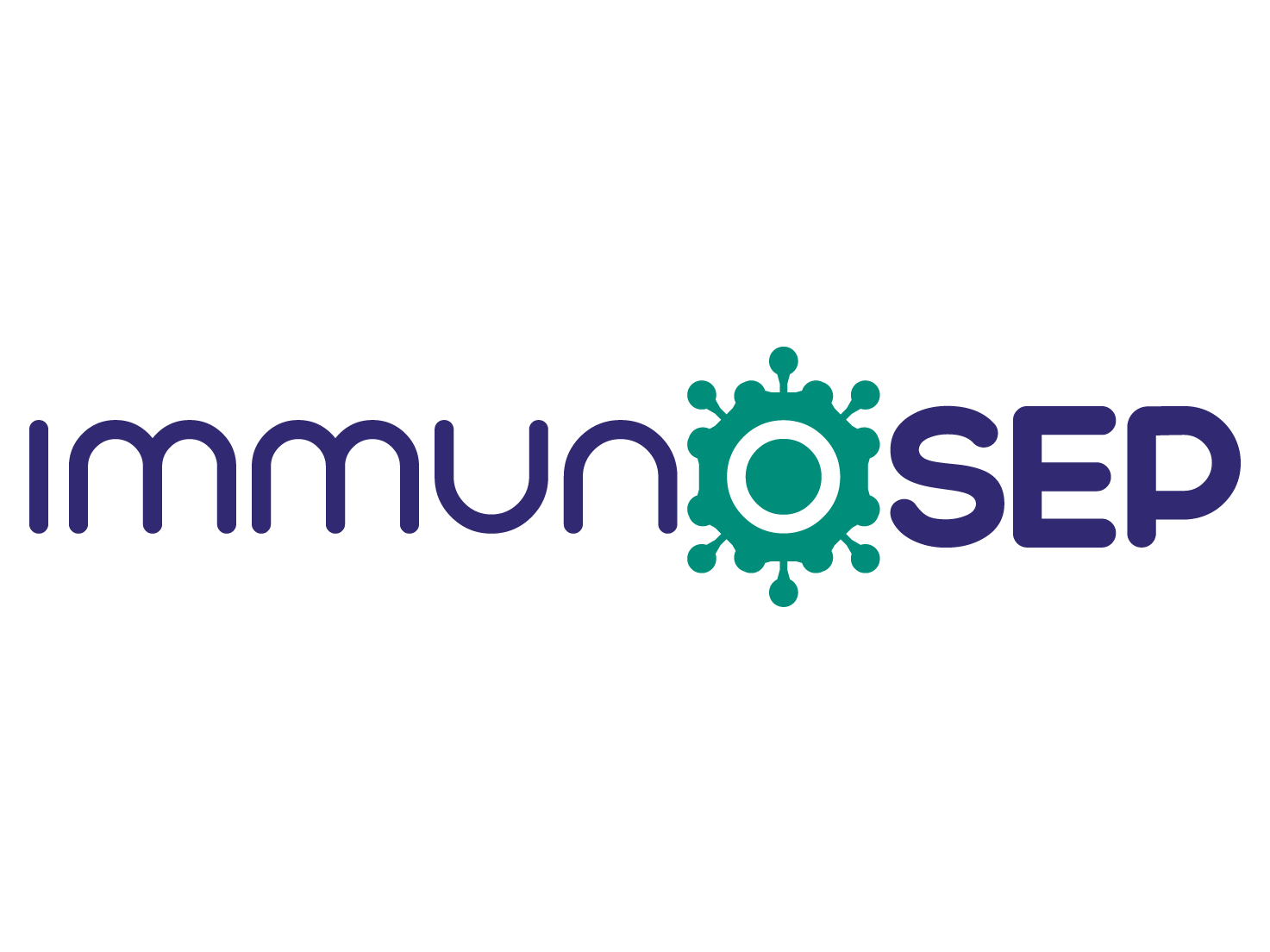Launch of EU Research Project ImmunoSep: Advancing Personalised Immunotherapy in Sepsis
Sepsis is a life-threatening condition caused by the body’s response to a bacterial, fungal or viral infection. Most frequently it affects adults over the age of 65, children younger than one year of age, people with chronic medical conditions such as diabetes, lung disease, cancer, and kidney disease as well as those with a weakened immune system. Unfortunately, sepsis is still a common occurrence with an estimated 50 million cases occurring worldwide each year. It is one of the most common causes of death for hospitalised patients in European countries with a high mortality rate of 30-40%. Even though the prescription of antibiotics and the establishment of Intensive Care Units (ICUs) have already greatly reduced the number of sepsis-related deaths, the introduction of an immunotherapy approach is intended to greatly improve the outcome of the disease for those affected. This is where ImmunoSep comes into play. While past studies have promoted a ‘one-size-fits-all’ treatment approach, this multinational project focuses on the exploration of personalised immunotherapy. This takes into account that although overinflammation and immunoparalysis play a critical role in the physiological processes of sepsis, they manifest differently in individual patients. Therefore only a precision medicine-based approach for immunotherapy will be able to significantly improve the outcome of this severe clinical condition. “For the benefit of the patient, ImmunoSep will apply novel basic science principles to direct clinical practice. We therefore positioned the project at the intersection between cutting-edge science, translational and clinical programmes and social science integration in daily clinical practice. We are aiming to insure a rapid translation ‘from idea to application’ starting from basic molecular research to translational medicine and epidemiology,” says Prof. Mihai Netea, Head of the division of Experimental Medicine, Department of Internal Medicine at Radboud University Medical Center (RadboudUMC) and Coordinator of ImmunoSep together with Prof. Evangelos Giamarellos-Bourboulis from the National and Kapodistrian University of Athens. To this end, the consortium pursues the following key objectives: • Design and conduct a large proof-of-concept randomised controlled trial to provide answers about the usefulness of personalised immunotherapy for sepsis patients. • Perform an integrated, multi-dimensional systems biology analysis of omics-based datasets, to identify biomarkers, clinical endotypes, and therapeutic targets needed for future precision medicine approaches. • Set up a new theranostics platform to help develop next-generation clinical trials through improved patient stratification and treatment allocation. • Integrate novel immunotherapeutic approaches into health systems through close collaboration with professional and patient organisations. Prof. Giamarellos adds: “We want to open a new way of treating severe infection through personalised treatment with the potential to represent a qualitative leap in sepsis outcome and to provide a basis for future precision-medicine in immune-based disorders. To this end, the consortium is uniquely placed to achieve this goal. The ImmunoSep project partners are world recognised experts in cutting-edge methodologies, the innovation potential of the study results is high and a first pilot study of personalised immunotherapy in sepsis performed by two of the project partners is going to provide invaluable experience to the whole ImmunoSep research team.” ImmunoSep brings together partner institutions from Austria, France, Greece, Germany, Israel, the Netherlands, Romania, Switzerland and the United Kingdom. The project will officially kick off its activities with a first meeting in Nijmegen, Netherlands, from 10 to 11 February 2020.



